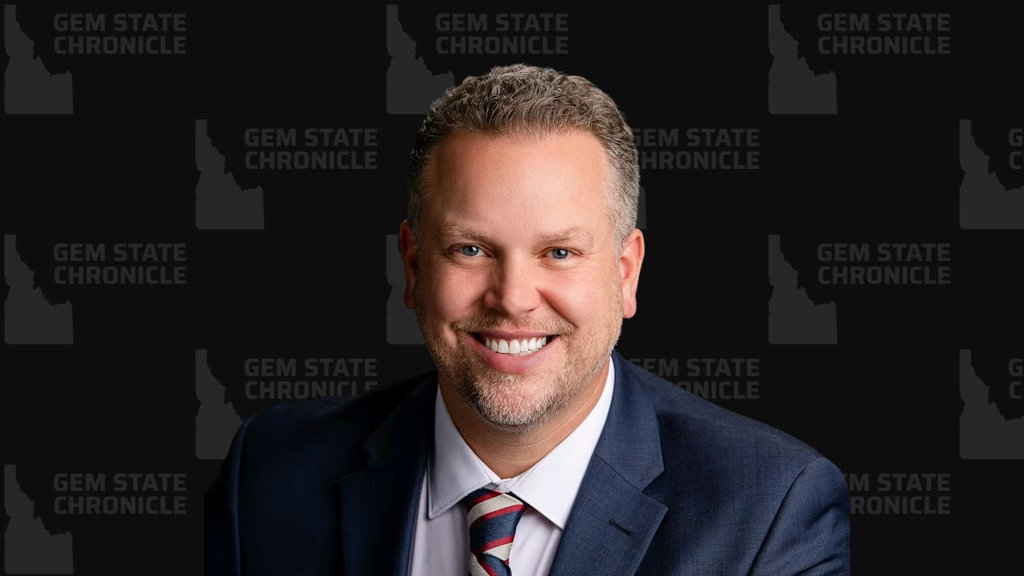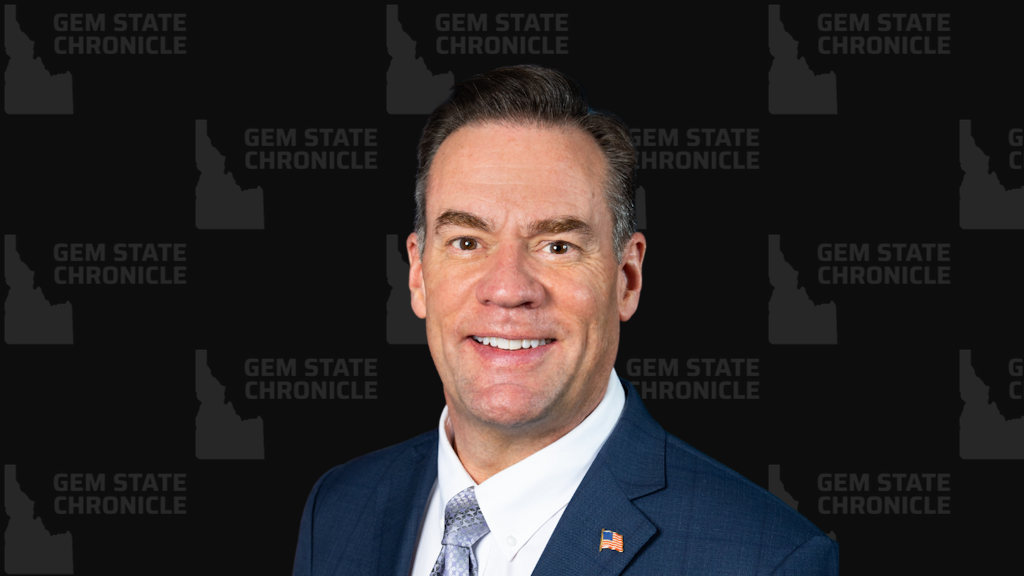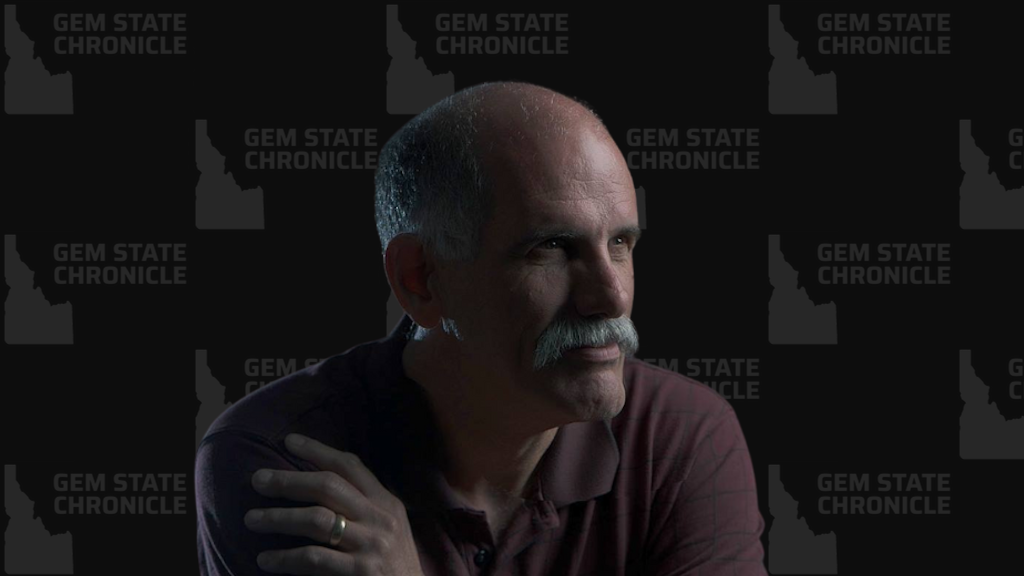By Dorothy Moon, Idaho GOP Chairwoman
Idaho has long prided itself on the values of independence and local governance, where the voices of its people shape the policies that affect their lives. One of the mechanisms for this has been the initiative process, which allows citizens to propose ballot measures as the mechanism to propose laws. However, recent years have underscored significant flaws in this system. The Idaho GOP is committed to addressing these issues to make this process stronger and more representative of all Idahoans, not just those in urban, high-population areas.
The 2018 Medicaid expansion, championed by the group Reclaim Idaho, underscores the need to reevaluate our state’s initiative process. Although the campaign garnered 61% voter approval, the current signature requirement (collecting signatures in just 18 of 35 legislative districts) allows major initiatives to pass without meaningful input from many rural communities. The current process sidelines small, rural voices, resulting in statewide policies that may not align with the interests of the entire state.
Was Medicaid expansion passed too quickly without a full financial accounting? House Bill 58, now under consideration by the House Health and Welfare Committee, seeks to repeal Medicaid expansion due to costs which have significantly exceeded the initial projections of the initiative. If passed, the repeal could save the state an estimated $110 million annually.
To improve the initiative process, the Idaho Republican Party passed Resolution 2025-19 at the Winter Meeting in January. The resolution proposes raising the signature requirement for petitions from 6% to 10% of registered voters and increases the number of legislative districts meeting this threshold from 18 to 23 out of 35. This change ensures better representation across Idaho, giving rural voters a stronger voice in the initiative process.
Alongside the resolution, key legislation is making its way through the Legislature to further refine the initiative process. House Bill 2 suggests raising the voting threshold for passing initiatives from the current 50% to 60%, ensuring that measures have broad and earnest support before becoming law. Meanwhile, House Bill 85 seeks to align initiative legislation with the same rules as applied to the legislative body, which requires approval from the governor before a measure becomes law. Senate Joint Resolution 101 would require a minimum number of signatures from voters in all 35 legislative districts, ensuring every corner of Idaho participates in shaping ballot measures. These House Bills and the Senate Joint Resolution are currently under review in their respective State Affairs Committees within the House or Senate. The IDGOP Resolution to the House Bill and Senate Joint Resolution share a common goal: safeguarding the integrity and accountability of policymaking.
Critics may claim these efforts aim to stifle the will of the people, but nothing could be further from the truth. The intent is simple—to strengthen the foundational principles of our state’s governance. An initiative process that truly reflects the will of the people of Idaho is a stronger initiative process, period.
The Idaho GOP is dedicated to ensuring every voter in our state, from Victor to Marsing to Bonners Ferry, has their voice heard. Our goal isn’t just to maintain our constitutional state—it’s to improve and defend it, making Idaho a place where every citizen, no matter where they live, can be part of the process.
About Dorothy Moon
Dorothy Moon was elected to serve as the chairwoman of the Idaho Republican Party in July of 2022, and reelected in 2024. Moon served three terms in the Idaho Legislature as State Representative for District 8. Moon’s career in public service has focused on the advancement of individual liberties and reducing the size and scope of government.













